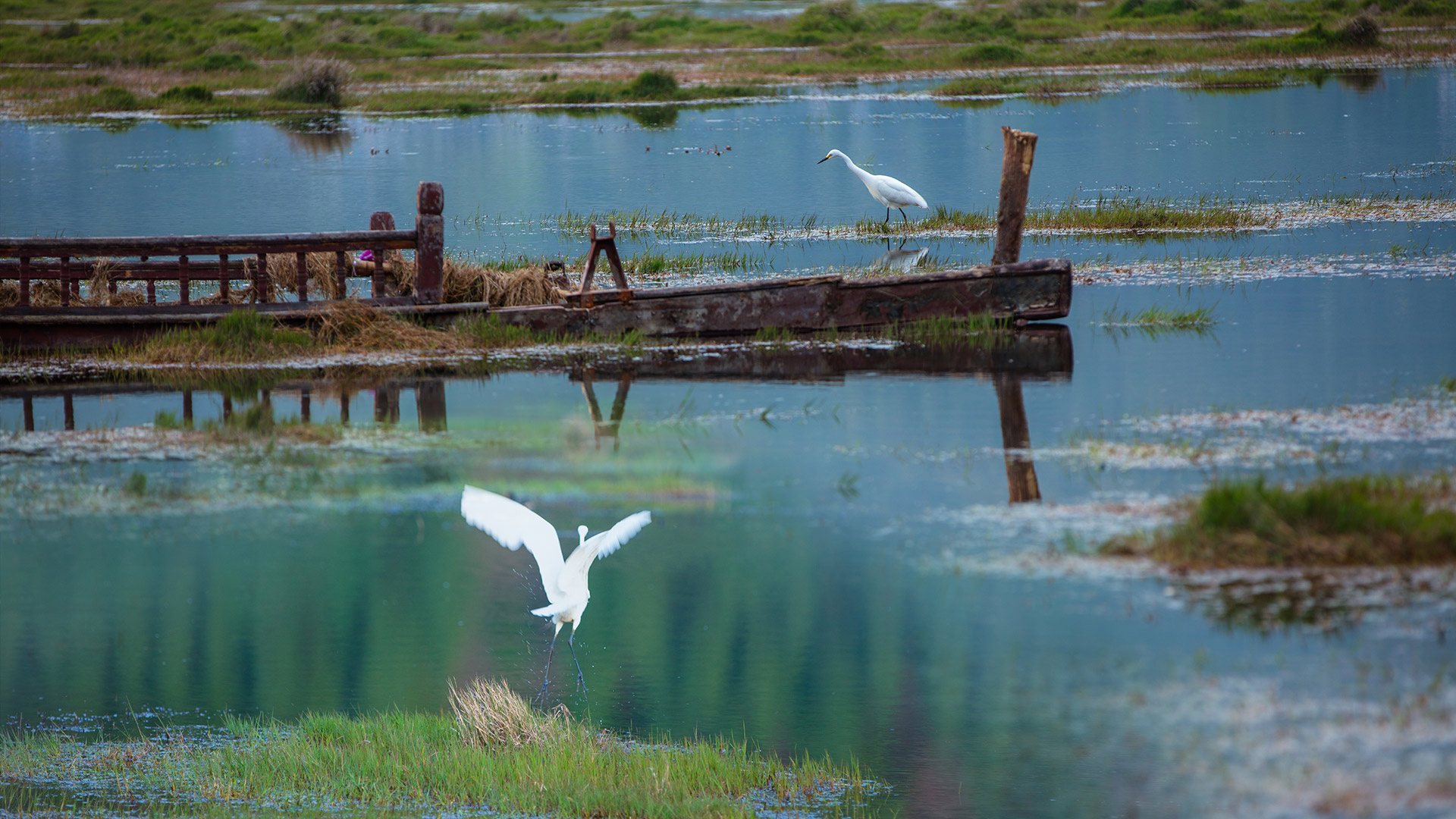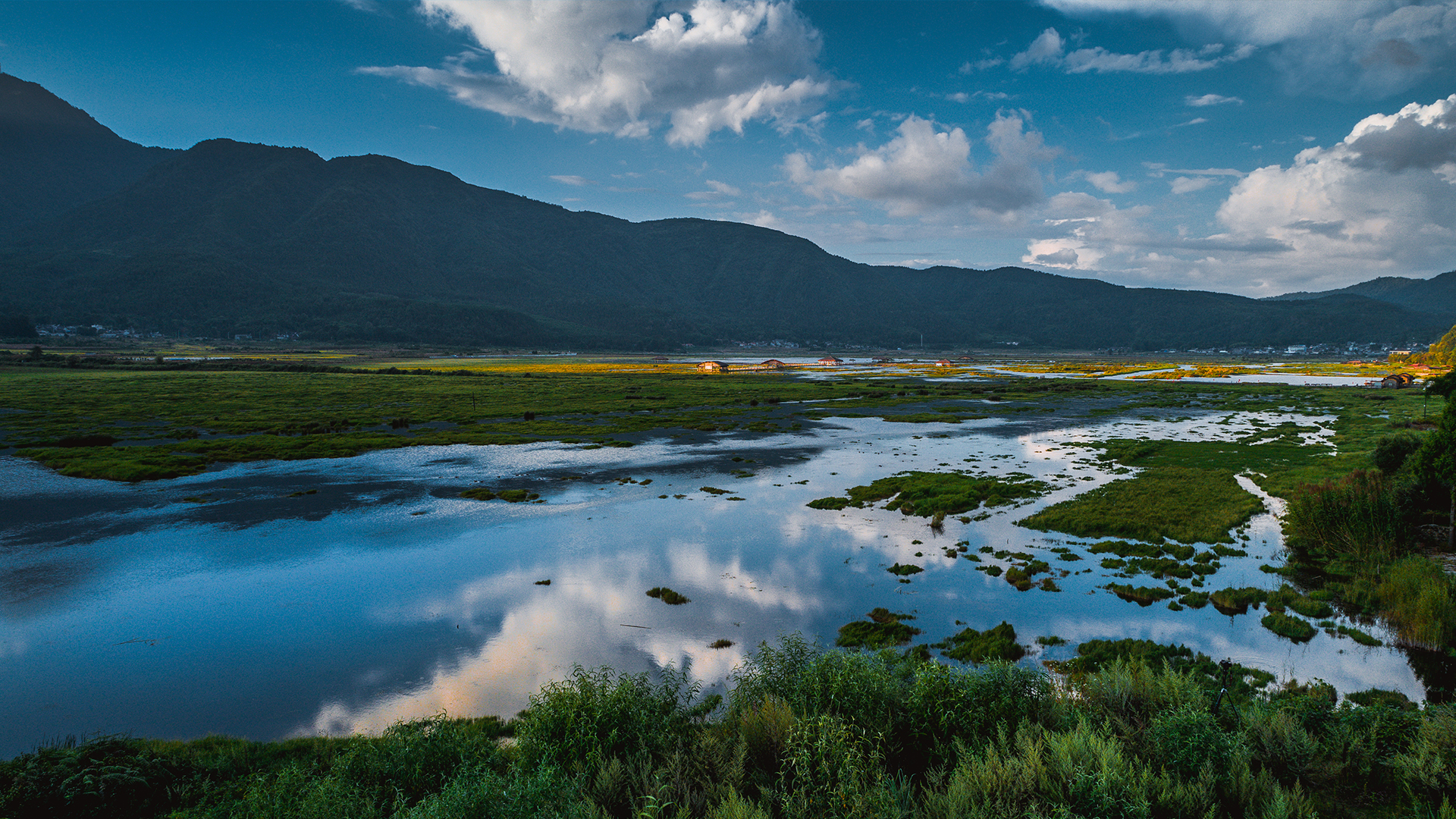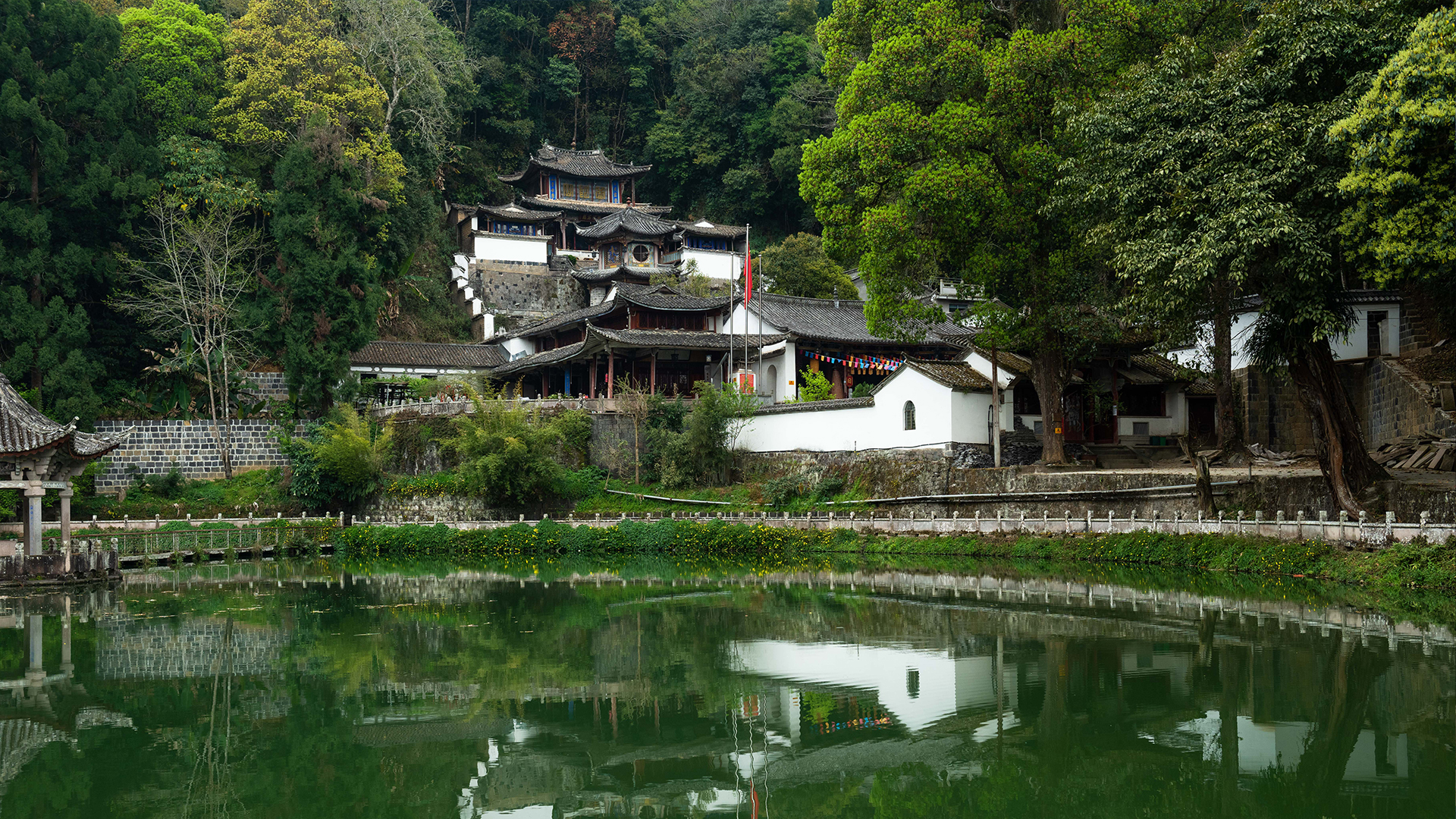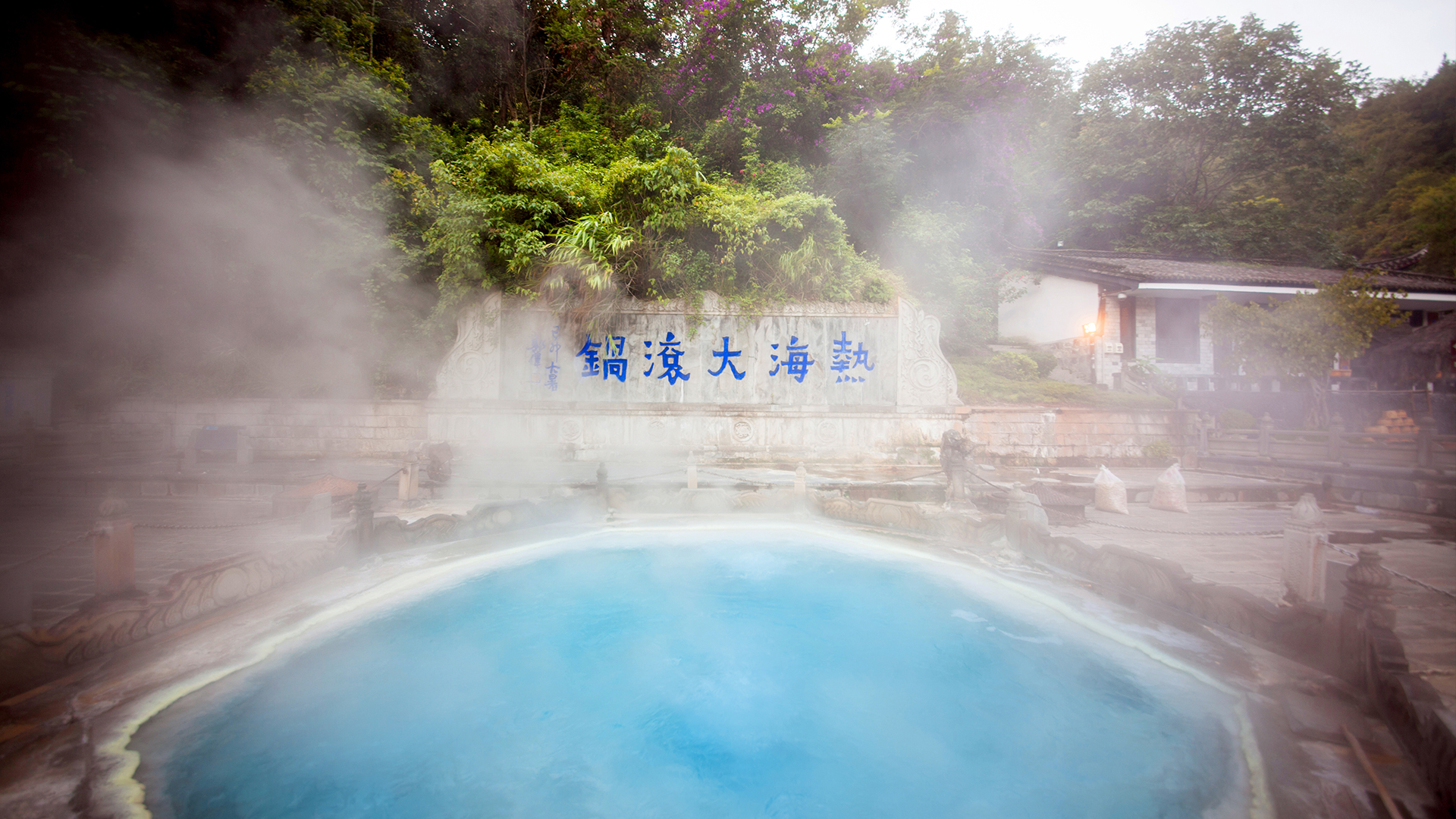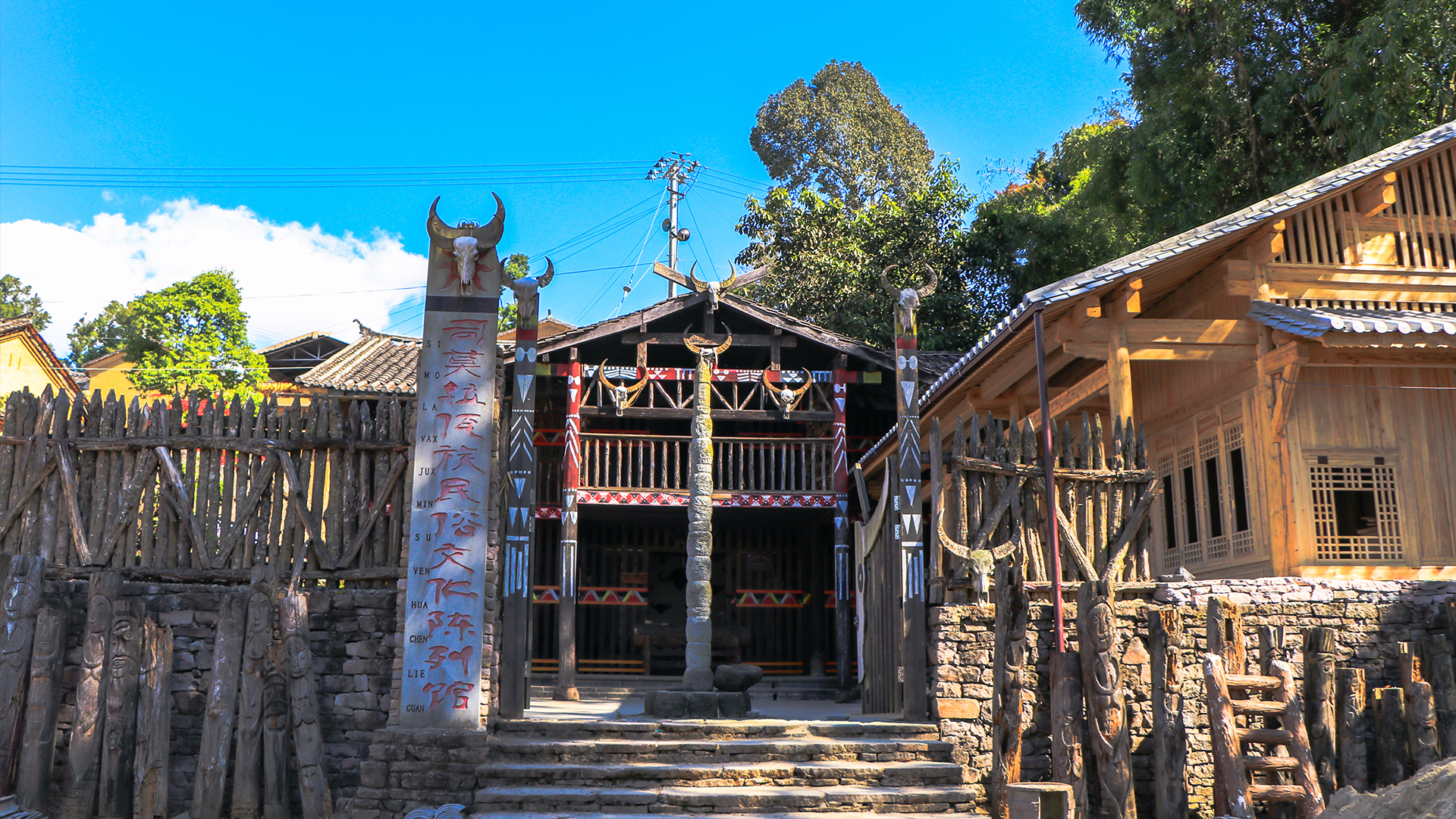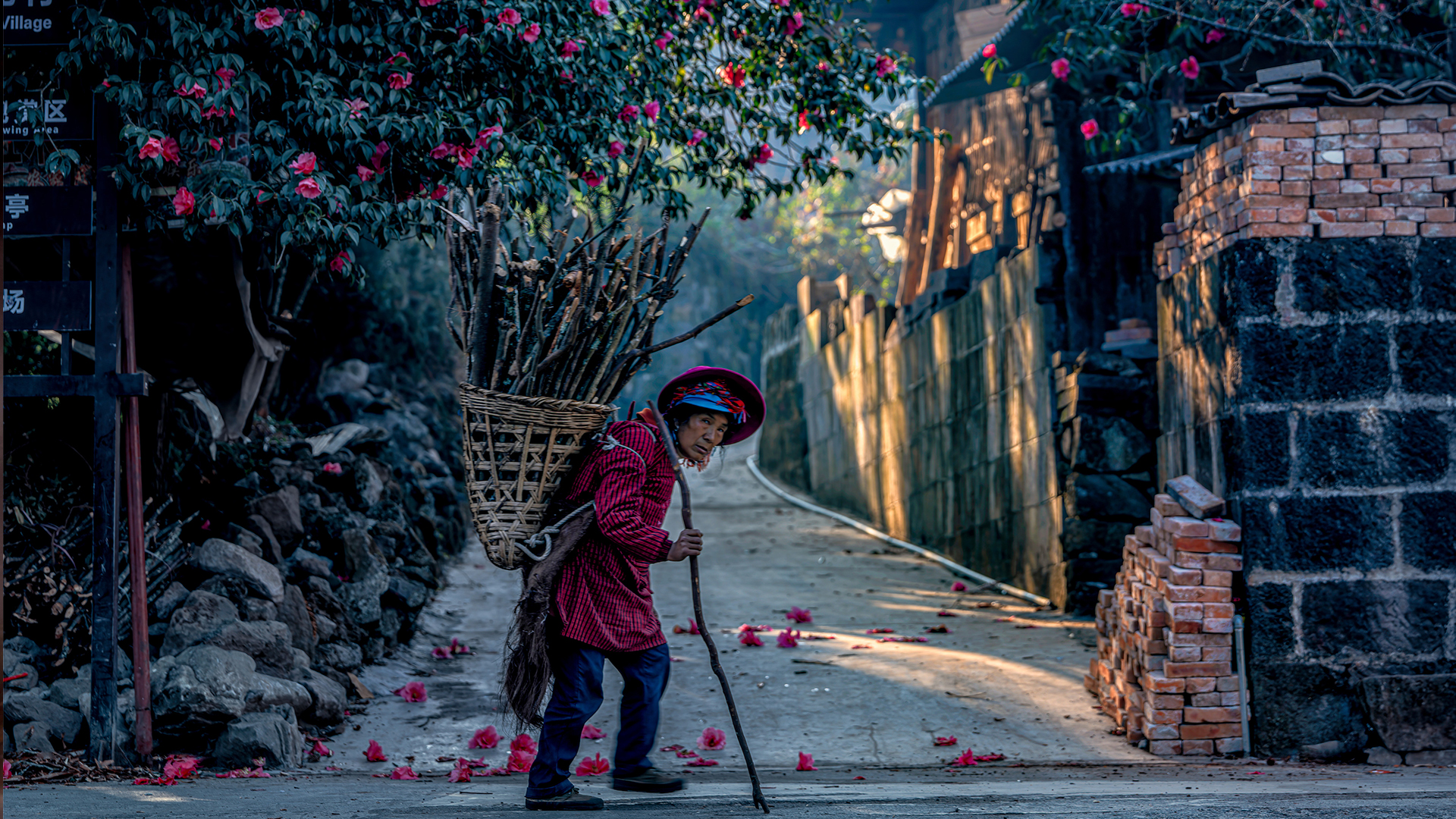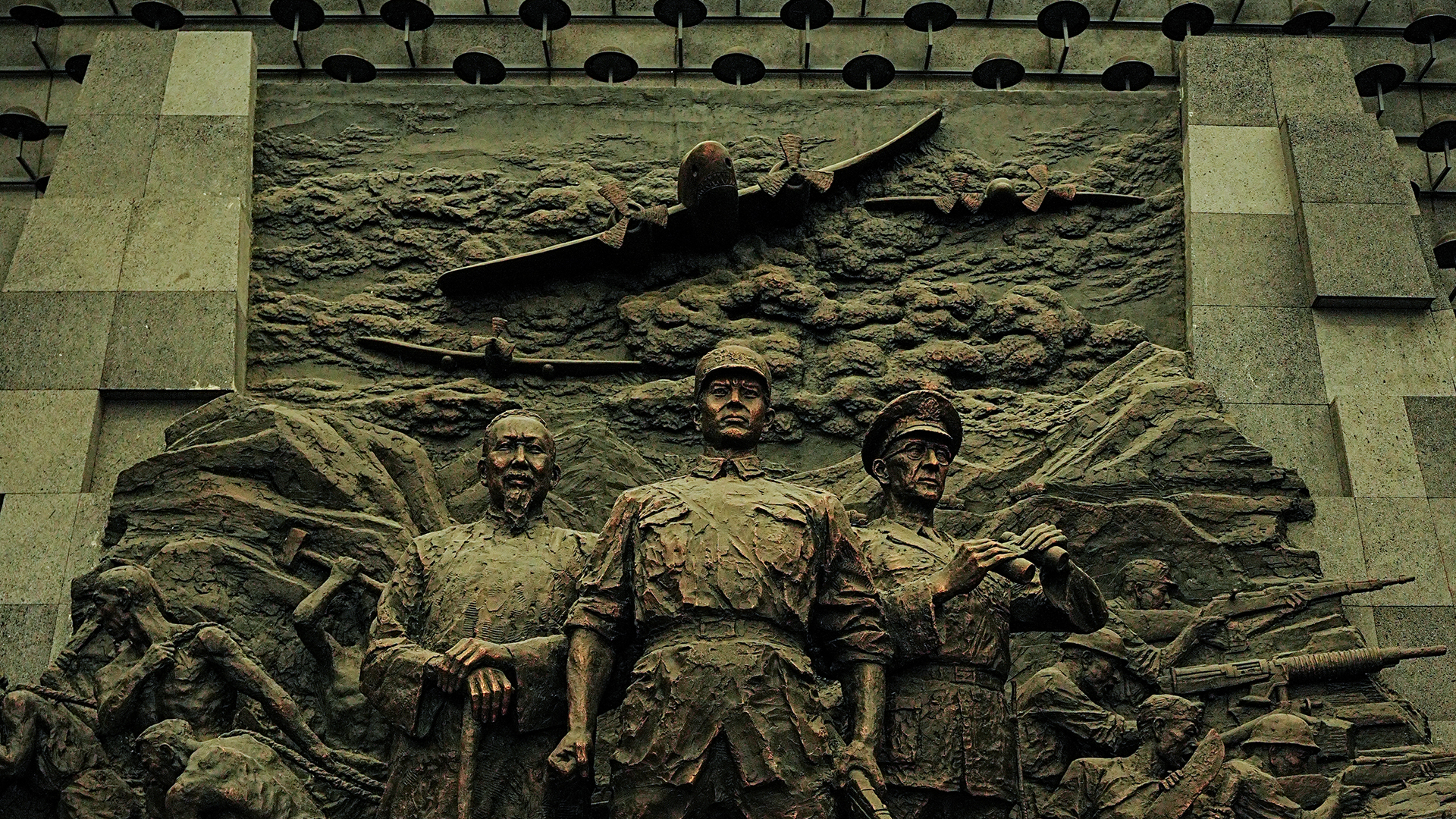Natural Attractions
A Sanctuary for the Soul, A Living Museum of Nature
Tengchong, a frontier town in western Yunnan, is blessed with the towering Gaoligong Mountains, rare volcanic landscapes, and eternal hot springs that flow through the ages. Known as the “First Frontier City,” it enjoys spring-like weather all year round. Step into Tengchong, and you enter an open-air “museum of nature” without walls.
Beihai Wetland
Beihai Wetland is one of the first batch of wetlands designated as national protected areas and is the only plateau volcanic dammed lake wetland in Southwest China, dating back approximately 600,000 years. Beihai is a natural, perennial swamp wetland with its surface covered by enormous mats of grass, some up to 2 meters thick—an exceptionally rare feature in China. The formation of these "floating carpets" swamp is a result of volcanic eruptions depositing ash and rich organic material on the lake's surface. This substrate supports the growth of herbaceous wetland plants, creating "floating islands" with dense root systems and rich humus that sustain various herbaceous plants and form floating carpet-like marsh meadows. Meanwhile, Qinghai Lake, located in the eastern part of Beihai, is a typical high-altitude lake with slightly acidic waters, making it one of the world's three known acidic lakes.
Heshun Ancient Town
Heshun Ancient Town, renowned as the foremost among China’s "Top Ten Charming Towns," is a celebrated hometowns of overseas Chinese. Nestled amidst verdant mountains and beside serene waters, this ancient town stretches for miles, boasting breathtaking natural scenery and a myriad of historical buildings. For over six centuries, Heshun has been mixed Han culture blends harmoniously with local ethnic minority traditions and exotic influences, giving rise to the unique Heshun culture centered around the principles of "Friendly" and "Harmony" and earning it the title of a "Living Ancient Town."
Tengchong Volcanic Hot Sea Tourism Area
Within an area less than nine square kilometers unfold astonishing natural wonders that have been renowned since Ming-Qing Dynasty period as "a famous hot spring."Reaching inside this tourist destination will immediately draw your attention towards "the Giant Boiling Pot," a circular pool with water temperature around 96 degrees Celsius.
Simola Wa Ethnic Village
"Simola" is a transliteration from the Wa language, meaning "a place of happiness." It is an ancient village with a history of over 500 years, inhabited by the Wa ethnic group. The central village is built along the mountains, characterized by beautiful landscapes, graceful terraced fields, bamboo groves, and a network of paths and fields. Visiting this ethnic village offers an opportunity to experience the warmth of the Wa people and the unity of diverse ethnic groups.
Hemu Village
Venture deep into the villages and fields, and hike through the primitive settlements of Hemu Village to observe the towering, verdant ancient tea trees up close. Guests can witness traditional oil pressing techniques, experience making handcrafted tea oil soap, and enjoy a firepit tea oil feast, all while immersing themselves in the simplicity of rural life.
Memorial for Anti- Japanese War in Western Yunnan
The Museum is located adjacent to the Tengchong Graveyards of National Heroes. Covering an area of 14,677 square meters, the museum provides a comprehensive and accurate depiction of the history of the War of Resistance in Yunnan, Burma, and India. It is a highly impactful and well-curated museum, serving multiple functions including exhibition, collection, research, commemoration, and education.
